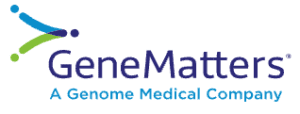Resource Center
Genome Medical is dedicated to advancing precision medicine by enabling a world where everyone’s health is informed by genetics. Our Resource Center provides professionals from biopharma organizations, health systems, and genetic labs with valuable insights, and the latest news and advancements in genetics. Explore our blogs, videos, news announcements, scientific papers and more to see the real-world impact genetics is having on improving people’s health.


Recent Blog Posts




